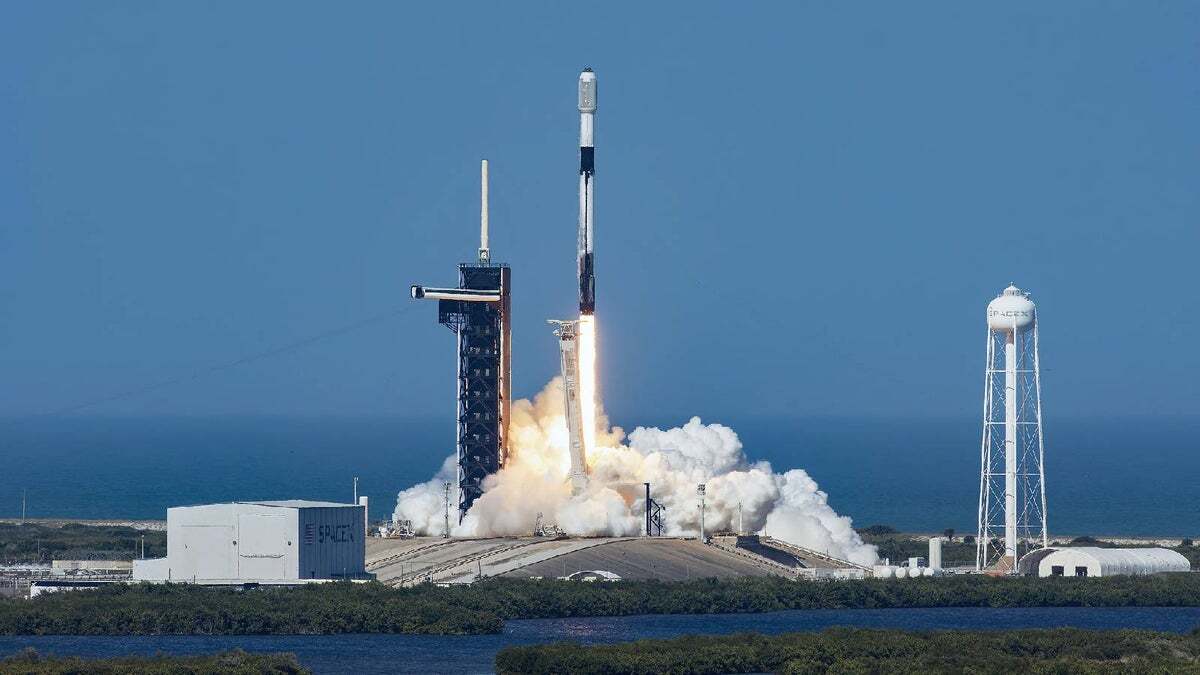When T-Mobile and SpaceX’s direct-to-cell service was initially green-lit by the Federal Communications Commission (FCC), the decision on granting a waiver on the aggregate out-of-band power flux-density (PFD) limit of -120 dBW/m2/MHz was pending. This strict limit was put in place to prevent interference from space-based signals to terrestrial networks.
Relaxed interference rules were requested by SpaceX to provide robust satellite coverage. Competitors like AT&T, Verizon, and EchoStar argued that an increased limit would harm their operations.
Early last month, the FCC decided to update the out-of-band emissions limits and granted the waiver requested by T-Mobile and SpaceX. This allowed them to operate the service at a higher power and opened up the possibility adding other features, such as 911 emergency calling.
Eventually, the Bureau granted SpaceX’s SCS application but deferred ruling on the waiver. Just three months later, and without any further technical submissions added to the record after the deferral, the Bureau granted SpaceX’s waiver.
—EchoStar, April 2025


T-Mobile might not be able to offer satellite calling if the waiver SpaceX requested is revoked.
The company has also questioned the assumptions made by SpaceX about wireless devices operating in adjacent or nearby bands and says that it did not provide evidence that there would be no harmful interference.
The FCC has ordered SpaceX to “address any claims of harmful interference” from other companies, which EchoStar says puts the burden of protection on it. The company says that the FCC is required to prevent harmful interference and not just step in when it happens. It also says that it’s really hard for “carriers to detect a particular source of interference.”
EchoStar also fears that SpaceX has displayed the propensity to not take such complaints seriously and might get around them by denying their accuracy.
The company has concluded that the “waiver is erroneous” and has asked the FCC to revise its decision.
If more companies raise objections, it might put T-Mobile and SpaceX’s plan to offer more satellite capabilities in limbo.







